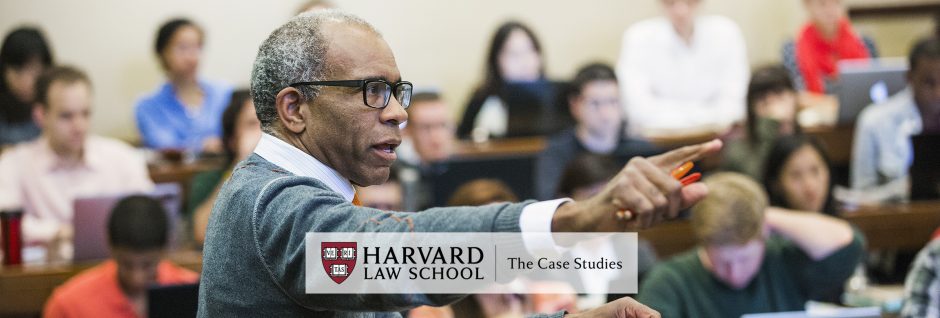New Product: The Battle for Unocal
Professor Holger Spamann recently published his first case study, The Battle for Unocal, after piloting it in his Corporations course at Harvard Law School. This case focuses on the plight of Unocal Corporation, which faced a tender offer from Mesa Petroleum in the 1980s. In an economic climate of merger mania, the Unocal board was intent on blocking a hostile takeover. Case participants adopt the decision-making role of the Unocal board to navigate fiduciary responsibilities and resolve the hostile takeover crisis. In groups, participants are asked to brainstorm the Unocal board’s options to defy Mesa and its colorful chairman, T. Boone Pickens. Afterwards, the class reconvenes to discuss proposed strategies and address misguided options.
Professor Spamann shared with us his reflections on developing and teaching the Unocal case:
EM: What inspired the case study?
HS: The practice of corporate law is overwhelmingly transactional. Corporate lawyers have to anticipate problems and transact around them. It is difficult to convey that from an appellate case such as Unocal v. Mesa. It certainly does not provide any training of transactional thinking. That prompted the idea of transforming this seminal Delaware decision into a case study by stepping back in time a couple months, before the parties had made the decisions that were ultimately adjudicated by the Delaware court. Giving more background also makes it easier for students to understand what is really at stake. And the personal stories may make it more interesting and memorable.
EM: What challenges and opportunities did the case writing process present?
HS: I had never done it. Fortunately, I could collaborate with an expert case writer, Lisa Brem, and a very fast-learning student, Amanda Ravich.
Another issue was that Unocal v. Mesa was decided thirty years ago. There are much fewer documents available online from that time than there would be today. Moreover, most key figures of the deal are dead, so interviews were out of the question. I think having an important case is worth it though.
EM: How did the students react to the case study? Did anything surprise you in the classroom?
HS: I think the students liked it a lot. Participation was great. Nobody came up with Unocal’s coercive self-tender, but there were plenty of good (and aggressive) ideas.
EM: What, if anything, would you do differently next time?
HS: I am considering spending more than 80 minutes on the case, or at least more time on talking through the students’ ideas. Last time, I gave a lot of time for brainstorming, perhaps too much time. There is only so much you can come up with if you don’t have the complete background.

